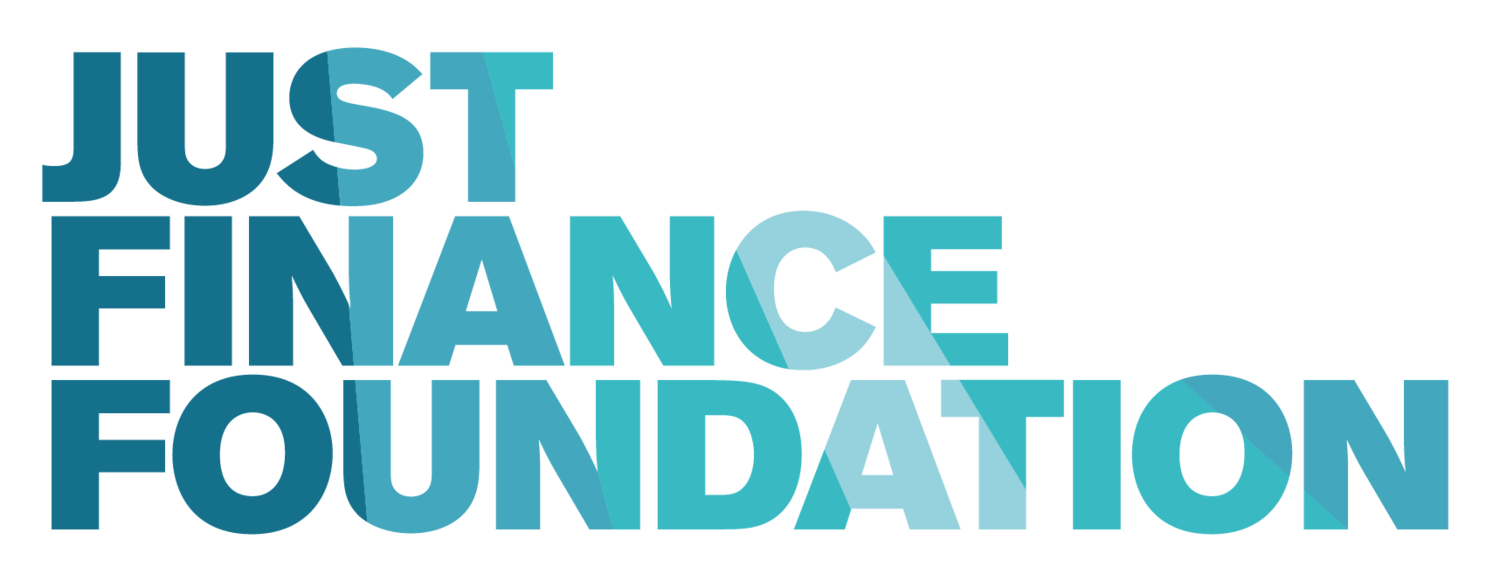Open up about money at school with free classroom activities
Talk Money Week at school
open up about money at school and help prepare students for real world financial decision making.
Less than half of children in the UK currently receive a meaningful financial education. This Talk Money Week, let’s work together to change that.
Financial education is a vital life skill that helps children build the confidence and understanding they need to make informed decisions about money as they grow. As educators, you play a key role in preparing your students for adult life, and this Talk Money Week is a perfect opportunity to bring financial education into the classroom.
Our free primary school activities are designed to support your students' future financial wellbeing. These engaging resources help children grasp key financial concepts, including understanding the difference between wants and needs, and making thoughtful decisions about spending and saving. Our activities are flexible, practical, and focused on developing essential life skills, making it easier for you to incorporate financial education into everyday learning.
By participating in Talk Money Week, you can help equip your students with the tools they need to navigate the financial challenges of the future with confidence. Explore our free activities and get started today!
SHare your voice and shape financial education
Calling all primary school Headteachers! Share your expertise with us and help shape the future of financial education.
At Just Finance Foundation, we believe that financial education is an essential life skill for young people, and we want to hear from those who know best—our headteachers. We invite you to take part in our Financial Education in Primary Schools Survey, designed to gather insights on best practices, challenges, and opportunities for improving financial education in our schools.
By sharing your expertise, you’ll help shape the future of financial education - and raise the profile of your school’s commitment to preparing students for life. Your participations is key to ensuring that every child has the opportunity to develop money knowledge and confidence that will benefit them throughout their lives.
Resources for Talk Money Week 2024
Our Talk Money Week activities have been developed in collaboration with five leading partner organisations, each bringing unique expertise to enhance financial education. These partnerships allow us to cover a wide range of important topics, from understanding gambling and risky behaviours to exploring storytelling as a tool for discussing money, reinforcing numbers and maths skills, and highlighting the link between financial decisions and the Sustainable Development Goals (SDGs). By partnering with experts across these areas, we provide well-rounded, engaging activities that not only teach financial skills but also encourage critical thinking about money in real-world contexts.
Access more free resources - sign up as a LifeSavers school
Continue money lessons all year round with LifeSavers!
LifeSavers is our FREE financial education programme for primary schools, designed to make learning about money engaging and meaningful. Through LifeSavers, we partner with teachers, educators, and schools to provide a wide range of curriculum-linked resources and hands-on activities that bring financial education to life.
All our activities, resources, and training are delivered at no cost to schools. By signing up as a LifeSavers School, you'll receive ongoing support to embed financial education in a way that suits your students and teaching staff.
Enrich your classroom with flexible, expert-developed lesson plans and join a network of teachers passionate about financial literacy.
your financial wellbeing reflection tool
Your Financial Wellbeing Reflection Tool has been developed by JFF’s financial education experts and mirrors the approach we use in our school programmes: the 5 Big Questions about money. These questions are carefully designed to help individuals reflect on their own financial habits, emotions and decision-making processes. Just as our school education programmes help children explore the role money plays in their lives, this Financial Wellbeing Reflection Tool helps adults to explore these themes in a practical way.
Share the Financial Wellbeing Reflection Tool with the people in your life this Talk Money Week and take the first step in opening up about money.
Listen up.
For Talk Money Week 2023, we partnered with Teachers Talk Radio to help encourage teachers to talk about money in the classroom and to explore topics around financial education for young people.
More about Talk Money Week for Schools
-
It is important to start teaching and talking about money with our children from a young age.
Research shows that financial habits begin to form as early as ages 4-7. And yet, financial education is not taught in primary schools through a consistent curriculum and learning experience. This puts some children at a disadvantage compared to their peers and can impact their financial confidence as they grow older.
Teaching and talking about money at home encourages open communication. It helps children feel comfortable discussing financial choices and seeking advice, fostering a supportive environment where they can learn and grow.
We know it can be difficult to know how to talk about money. Read our free Talking About Money at Home guide to get started.
-
Talk Money Week is hosted by the Money and Pensions Service (MaPS) to encourage people to open up about their finances.
MaPS started Talk Money Week because research shows that people who talk about money make better financial decisions, have stronger relationships, feel less stressed and help their children develop healthy financial habits for life.
-
Here are some top tips for starting a conversation with children in simple, age-appropriate and engaging ways:
Start early
Read stories together than include characters making money choices. As they grow, introduce concepts like spending and saving using pretend or real money.Use real-life examples
For younger children, ask them if they know where money comes from when you buy a snack from the shop.
For older children, try setting a food shopping budget together.Talk about mistakes
Share the mistakes you have made and what you have learned to help avoid similar mistakes and develop critical thinking.
For more top tips and activities you can do together, download our free Talking About Money at Home Guide.
-
Developed in consultation with education experts, the LifeSavers resources align with the national curriculum and focus on improving numeracy and critical thinking, as well as key money concepts. Created by teachers for teachers, we keep expanding our resources to support schools and reach more children of all backgrounds and abilities. These resources include cross-curricular activities for Maths, PHSE, English and Drama, and innovative research projects dedicated to making financial education accessible to more children.
Find out more about the LifeSavers programme now.
-
Schools that signup to LifeSavers will get:
· FREE access to all our resources – these are quality marked and compared against the PSHE, financial and maths curriculum.
· Support from our team – yes a real person!
· Unique values based approach to financial education









